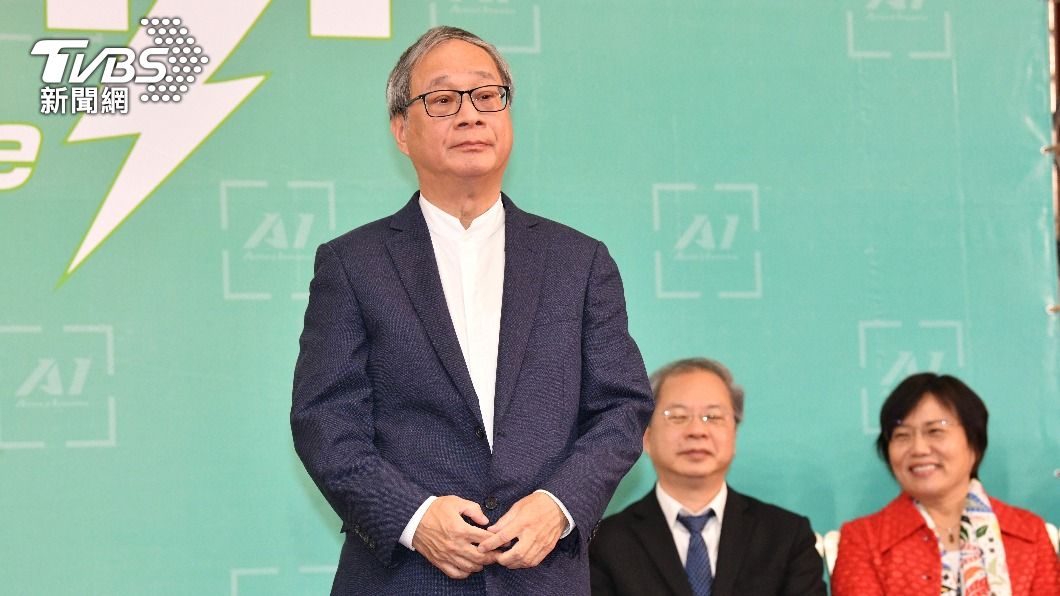TAIPEI (TVBS News) — In a bold move to reshape Taiwan's educational landscape, Minister of Culture Lee Yuan (李遠) reiterated on Wednesday (May 22) his plans to lower the age eligibility for Culture Points to 13 years old. This initiative aims to deepen children's engagement with culture and the arts, marking a significant shift in how Taiwan perceives youth education.
During his first report at the Legislative Yuan on Wednesday, Lee faced criticism from KMT Legislator Hung Mong-kai (洪孟楷), who labeled the initiative as "throwing money around."
However, Lee countered by highlighting similar policies in European countries, such as France, where individuals as young as 11 can receive cultural vouchers.
Lee argued that Taiwan has traditionally underestimated children's capacity to appreciate culture and art, treating them too much like children and not as young individuals capable of cultural understanding.
A Vision for Youth and Culture
Lee's commitment to prioritizing youth and children was evident as he outlined his primary mission since taking office: to lower the Culture Points eligibility age to junior high students, or 13 years old.
This policy adjustment is expected to extend cultural vouchers to an additional 500,000 recipients, costing NT$600 million. The implementation awaits the Executive Yuan's budget approval next year.
Lee's initiative has sparked a debate on the value of cultural education and its impact on Taiwan's youth. By drawing parallels with European models, Lee aims to illustrate the potential benefits of such a policy in fostering a more culturally aware and appreciative younger generation.
Despite facing skepticism, the minister's plan represents a forward-thinking approach to education, emphasizing the importance of cultural exposure from a young age. Lee's efforts to challenge traditional educational norms and promote a more inclusive cultural policy could pave the way for a new era of cultural education in Taiwan.



